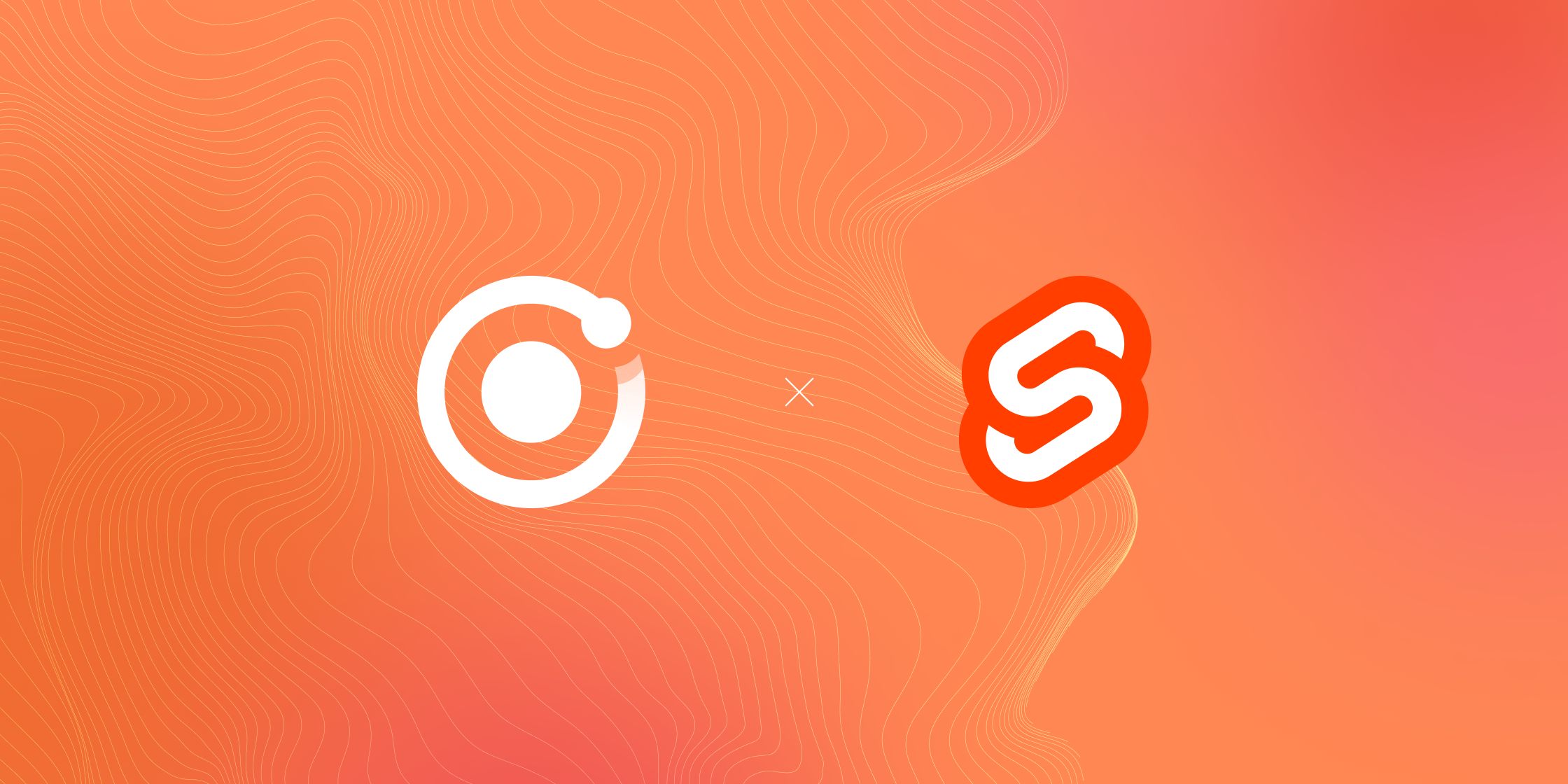Why Mobile Just Changed Forever
A few days ago, everything in the mobile world changed forever, though few realize it yet. Google just announced that they’ve started indexing iOS 9 apps (joining Android apps) that support the HTTP deep link standards, allowing users to find and open app content through the standard Google search in Safari on iOS and Google on Android.
Imagine: Your amazing, artisanal Ice Cube recipe can now be found through a Google search and opened in your app instead of your website.
I’ve often said that I hope one day Ionic can be the “WordPress for mobile.” I want to make it easy for 99% of creative people to build mobile apps quickly, just like WordPress did for websites and blogs. Frankly, the 1% of companies that build native apps (think Twitter, Google, Facebook, etc.) have the resources and time to go pure native and build from scratch, and that’s totally okay. Ionic is really for the rest of us, who don’t have the same luxury.
When I tell people this is my goal, the reaction is mixed (even among our investors). On the web, just any old person can build a website or blog, but can everyone have an app? Before today, I would have said “No”: Apps in the app store are for businesses or the rare celeb who can draw downloads, but not really for the average person. Most people don’t have a reason to have an app in the app store, like they might a web page.
Now that apps are indexed, though, that completely changes. It doesn’t matter if your lifestyle blog with three readers (Thanks, Mom!) draws downloads: If it can draw relevant search results, people will naturally open/install your app, instead of going to your website (if you even have one!). Discoverability, one of the biggest problems with today’s app stores, just took a major step forward.
Just think: One day you might not need to “install” an app before you use it, just like you don’t have to install a web page to view it. In that world, an app and a web page/blog are practically the same. The difference? Most people can understand what an “app” is. Understanding what a website is, and how URLs work, is increasingly a foreign concept. And I don’t think Apple has been shy about pushing for a future in which apps replace websites.
Today, the potential for the diversity and quantity of people who can participate in mobile, and how big Ionic can get by extension, just went up several orders of magnitude. It’s not about “developers” anymore: It’s about anyone who wants to create content or an experience that will be primarily consumed on a mobile device.
We think Ionic is the easiest and fastest way to do that, and we want to cater to the 99% who just want to build something functional quickly and not break the bank to do it. That’s our target user. That’s the future of this company.
Over the last few days, everything in mobile changed forever, and today, our work truly begins.


